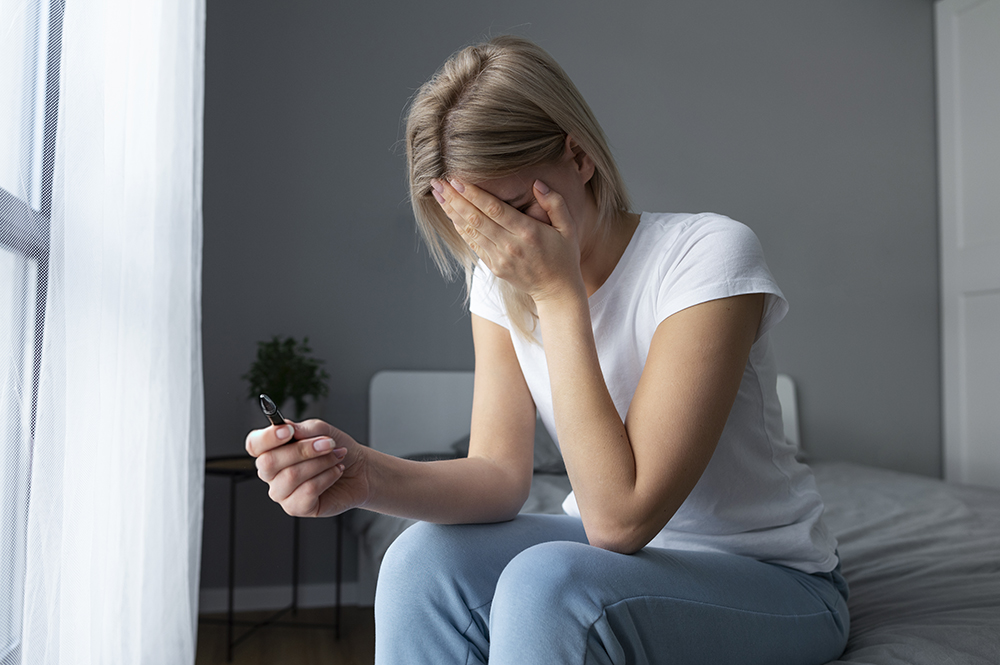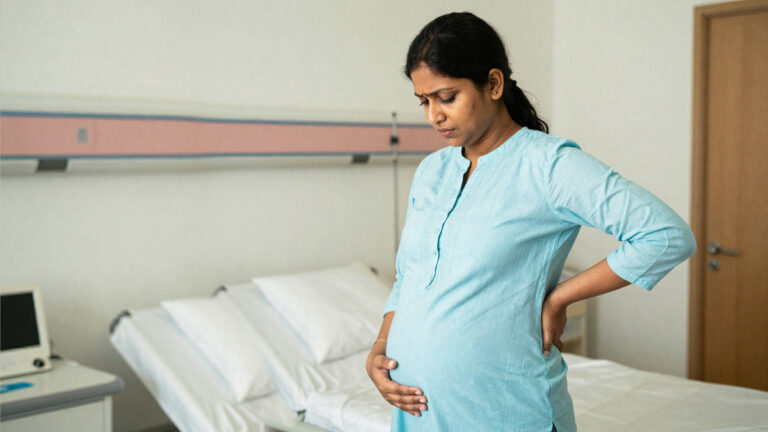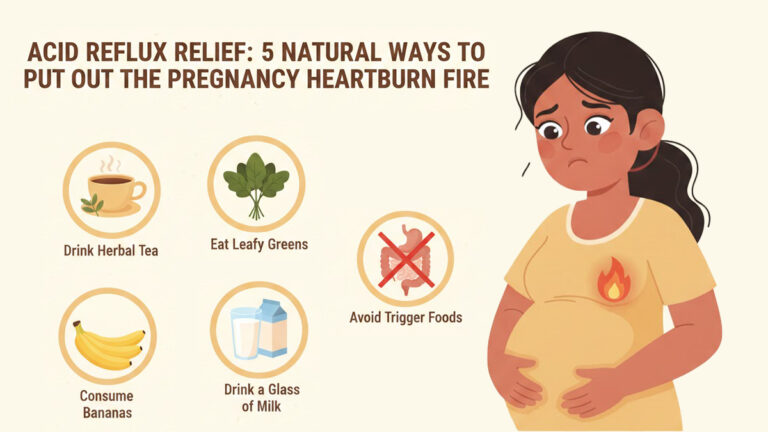When a couple undergoes IVF (In Vitro Fertilization), their hopes of becoming parents are often at their highest. But not every IVF attempt leads to pregnancy, and failure can feel devastating. Many couples ask: “If IVF didn’t work for us, is there any chance of conceiving naturally?”
The answer is yes—for some couples, natural pregnancy after failed IVF is not only possible but actually happens more often than people realize.
Why IVF May Fail
IVF success depends on multiple factors. Some common reasons for failed cycles include:
- Egg quality issues – Especially in women over 35.
- Sperm abnormalities – Low motility, poor morphology, or DNA damage.
- Embryo quality – Not all embryos implant successfully.
- Uterine environment – Thin endometrium, fibroids, or implantation issues.
- Chromosomal abnormalities – Even in healthy-looking embryos.
- Lifestyle factors – Stress, smoking, obesity, or poor sleep.
Understanding the reason for failure can help in making decisions about the future—whether to try again, consider other treatments, or keep trying naturally.
Can Natural Conception Happen After Failed IVF?
Surprisingly, yes! Research shows that 5–10% of couples conceive naturally after failed IVF attempts.
How is this possible?
- Unexplained infertility – Many couples never receive a clear diagnosis. IVF may fail, but their natural fertility may still allow pregnancy later.
- Body recovery – After the hormones from IVF settle, the body may return to a more natural rhythm, improving fertility.
- Lifestyle changes – Most couples adopt healthier routines during IVF (better diet, quitting alcohol/smoking, stress management). These changes improve natural fertility chances.
- Reduced psychological pressure – After stopping treatment, couples often feel less pressure, which can positively impact fertility.
Real-Life Example
One couple, after 2 failed IVF cycles, decided to take a break. They focused on a healthy diet, stress-free living, and regular exercise. Six months later, they conceived naturally.
Such stories remind us that failed IVF doesn’t mean the end—it may just mean the body needed time.
When to Try Naturally vs. IVF Again
Every case is unique, but here are some general guidelines:
- Women under 35 – Can try naturally for 6–12 months after IVF if tests are normal.
- Women 35–40 – May try naturally for 3–6 months, but shouldn’t delay seeking medical advice.
- Women above 40 – IVF or advanced fertility options are usually recommended without long delays.
- Blocked tubes, low ovarian reserve, or severe male infertility – Natural conception chances are minimal; IVF or ICSI remains the better option.
Tips to Increase Chances of Natural Pregnancy After IVF
- Eat fertility-friendly foods: Include green leafy vegetables, whole grains, nuts, seeds, fresh fruits, and protein-rich meals.
- Maintain healthy weight: Both underweight and overweight women face challenges in conceiving.
- Exercise moderately: Yoga, walking, and meditation can regulate hormones and reduce stress.
- Track ovulation: Use ovulation kits or apps to identify fertile days.
- Avoid harmful habits: No smoking, alcohol, or excessive caffeine.
- Take fertility supplements: Under doctor’s guidance (e.g., folic acid, vitamin D, omega-3).
- Emotional wellness: Stress management is crucial—consider counseling or support groups.
Frequently Asked Questions (FAQs)
1. Is natural pregnancy after failed IVF common?
It’s not very common but definitely possible. Around 5–10% of couples conceive naturally after IVF.
2. Should I try naturally after IVF or go straight for another cycle?
This depends on your age, medical reports, and reason for infertility. A fertility expert can guide you best.
3. Does failed IVF mean I can never get pregnant?
No. Failed IVF does not mean infertility is permanent. Many couples succeed in future IVF attempts or even naturally.
4. How long should I wait after failed IVF before trying naturally?
Generally, 1–3 months is recommended to allow the body to recover, but this varies for each individual.
Conclusion
A failed IVF is not the end of hope. Natural pregnancy is still possible for many couples, depending on age, fertility health, and lifestyle. The key is to stay positive, take care of your health, and seek timely guidance from fertility specialists.








